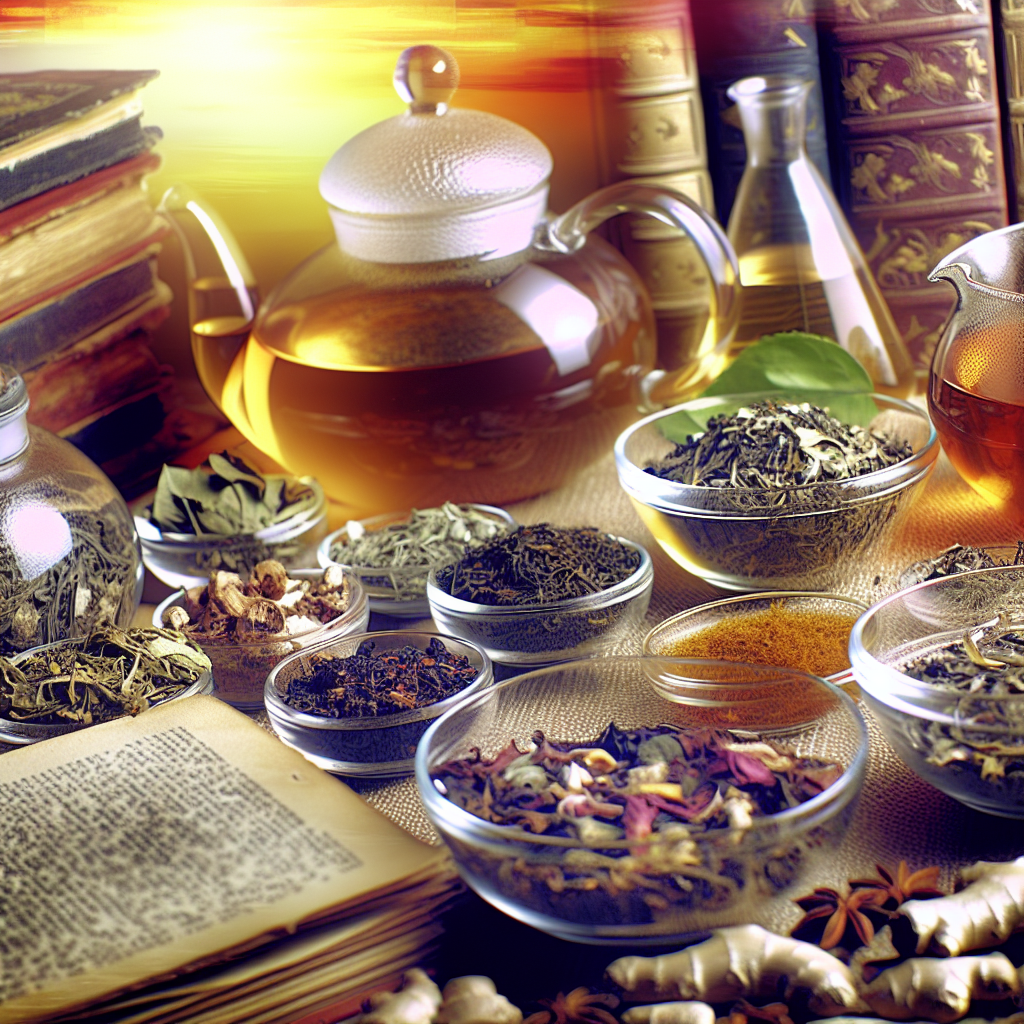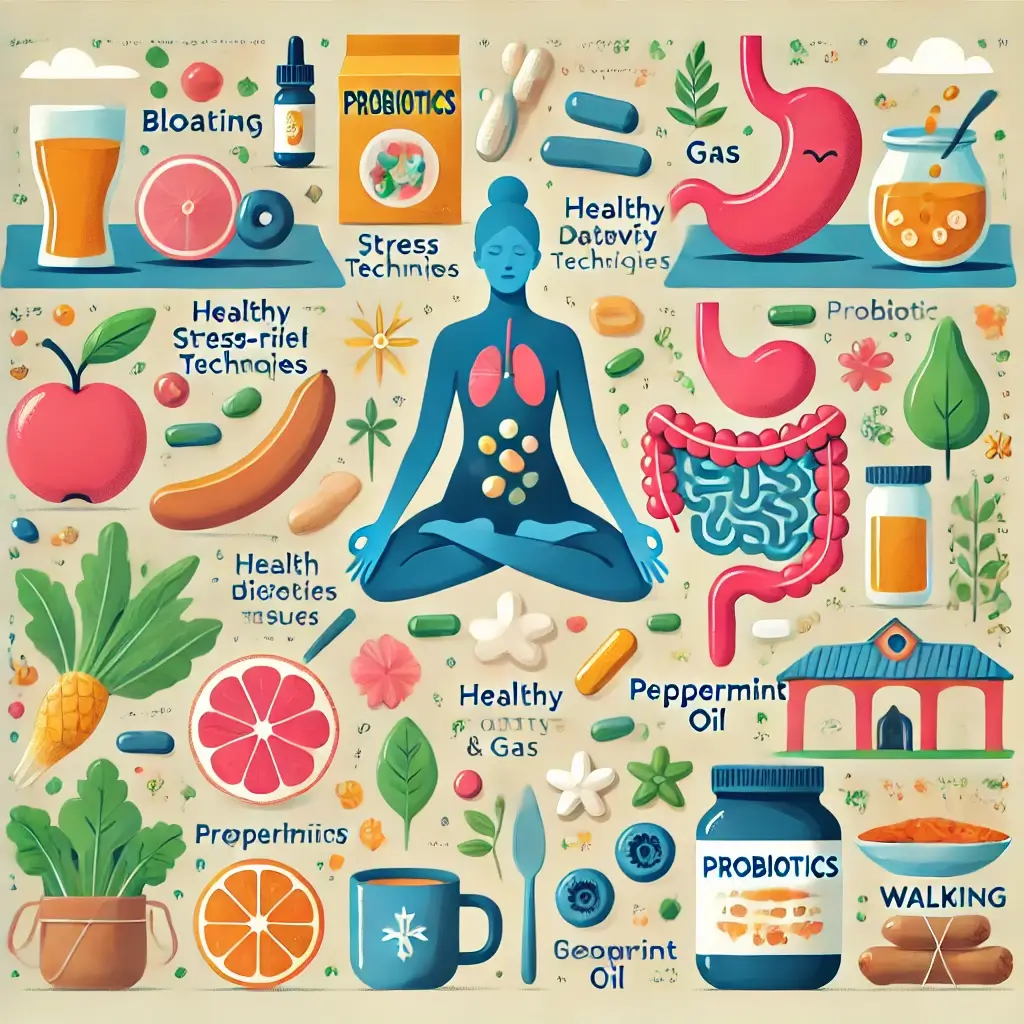Gut-Healing Tea Formulations: Traditional Blends Validated by Modern Research
Introduction: Ancient Remedies Meet Modern Science
For centuries, herbal teas have been a cornerstone of traditional medicine, often used to soothe digestive discomfort and promote overall gut health. From ancient Ayurveda to Traditional Chinese Medicine (TCM), cultures across the globe have relied on natural herbal formulations to maintain a healthy digestive system. However, only recently has modern science begun to validate the healing properties of these time-tested remedies.
The gut, often referred to as the body’s “second brain,” plays a crucial role in digestion, immune function, and even mental health. Its complex ecosystem, known as the gut microbiome, consists of trillions of bacteria that influence everything from nutrient absorption to inflammation regulation. Disruptions in gut health can lead to issues such as bloating, constipation, acid reflux, and even chronic diseases like irritable bowel syndrome (IBS) and leaky gut syndrome.
Many individuals today seek natural, holistic alternatives to pharmaceutical interventions. Herbal teas serve as a gentle yet effective option for nurturing and restoring the gut. Ingredients like ginger, peppermint, fennel, licorice root, and chamomile have been used traditionally to reduce inflammation, improve digestion, and support the beneficial bacteria in the gut. Modern research now supports these claims, demonstrating how certain plant compounds exert antimicrobial, anti-inflammatory, and prebiotic effects that foster a balanced digestive system.
In this article, we will explore specific gut-healing tea formulations that have stood the test of time, highlighting the scientific validation of their benefits. If you’re looking for natural ways to support digestion, alleviate discomfort, and enhance gut microbiome health, these herbal blends may offer an evidence-backed solution.
The Science Behind Gut-Healing Teas
The healing properties of herbal teas are now being examined through rigorous scientific studies, offering a bridge between traditional wisdom and modern healthcare. Below are some of the most researched herbal ingredients used in gut-friendly tea formulations:
1. Ginger: The Powerful Anti-Inflammatory Root
Ginger (Zingiber officinale) is widely known for its anti-inflammatory and pro-digestive effects. For centuries, traditional medicine has used ginger to combat nausea, indigestion, and bloating.
Scientific Validation:
A 2019 study published in Food & Function found that ginger enhances gastric emptying and modulates gut microbiota, promoting a healthier digestive environment.
2. Peppermint: The IBS Soother
Peppermint (Mentha piperita) is recognized for its ability to relax gastrointestinal muscles and reduce bloating, making it a popular natural remedy for digestive discomfort and IBS symptoms.
Scientific Validation:
A meta-analysis in BMC Complementary Medicine and Therapies confirmed that peppermint oil significantly improves symptoms like abdominal pain and bloating in IBS patients.
3. Licorice Root: Natural Relief for Acid Reflux
Licorice root (Glycyrrhiza glabra) has long been used to soothe acid reflux, gastritis, and stomach ulcers. It helps by increasing protective mucus production in the stomach lining.
Scientific Validation:
A 2020 study in Phytomedicine demonstrated licorice root’s potential in helping individuals with functional dyspepsia.
4. Chamomile: The Gentle Gut Calmer
Chamomile (Matricaria chamomilla) is well-known for its calming properties, not only for the mind but also for the digestive system. It reduces gastrointestinal spasms and inflammation while promoting overall gut relaxation.
Scientific Validation:
Research published in Molecular Medicine Reports highlighted chamomile’s role in reducing inflammation and combating Helicobacter pylori, a bacterium linked to ulcers.
5. Fennel: The Natural Bloat Buster
Fennel (Foeniculum vulgare) has been used for centuries to relieve bloating, gas, and digestive discomfort. It contains carminative properties that help relax intestinal muscles and promote digestive comfort.
Scientific Validation:
A study in Evidence-Based Complementary and Alternative Medicine demonstrated fennel’s effectiveness in relieving colic in infants, suggesting its broader gut-relaxing benefits.
Conclusion: Harness the Power of Herbal Teas for Gut Health
Herbal teas offer a powerful yet gentle solution for supporting gut health, blending ancient tradition with modern scientific validation. By incorporating tea formulations that contain ginger, peppermint, licorice root, chamomile, and fennel, individuals can naturally alleviate digestive discomfort, reduce inflammation, and foster a balanced gut microbiome.
As research continues to explore the benefits of medicinal herbs, gut-healing teas remain a reliable, natural alternative for improving digestive wellness. Whether you’re dealing with occasional bloating or chronic digestive issues, integrating these herbal blends into your routine may provide effective, science-backed support for optimal gut health.
Summary:
This article explores the science behind traditional herbal tea formulations that have been used for centuries to support gut health. It highlights the key medicinal herbs like ginger, peppermint, licorice root, chamomile, and fennel, and provides scientific evidence validating their gut-healing properties. The article emphasizes how these natural remedies can offer gentle yet effective solutions for addressing digestive discomfort, reducing inflammation, and promoting a balanced gut microbiome.

Dominic E. is a passionate filmmaker navigating the exciting intersection of art and science. By day, he delves into the complexities of the human body as a full-time medical writer, meticulously translating intricate medical concepts into accessible and engaging narratives. By night, he explores the boundless realm of cinematic storytelling, crafting narratives that evoke emotion and challenge perspectives.
Film Student and Full-time Medical Writer for ContentVendor.com




